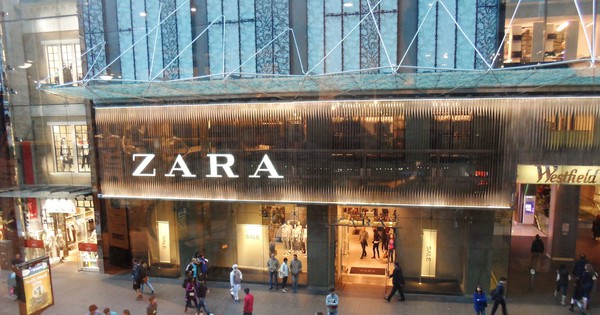
Major Italian fashion brand Dolce & Gabbana announced that it will stop using animal fur in its products. The firm said it will transition to eco-friendly faux fur options.

The footwear brand is doubling down on its sustainability initiatives with upcoming styles made from mycelium (the fast-growing root systems of mushrooms) instead of cow hides.

A new ground-breaking project has been launched to harnesses collaboration and cutting-edge technology to create circular fashion. This is a world first for the fashion industry.

Generation Z understand the importance of sustainability, durability, and ethics, and want these reflected in the clothes they buy. Fashion for them is not about specific brand names and more about reflecting a personal identity.

The Pact is a set of guidelines and suggestions, including initiatives such as eliminating single-use plastic, reducing micro-pollution from synthetic materials, coming up with designs using old clothes and finding ways to recycle.

Inditex, owner of fast fashion brand Zara, announced that "100 percent of the cotton, linen and polyester used by all eight of its brands will be organic, sustainable or recycled" and that all viscose will be sustainably produced by 2023.

The Italian fashion house will no longer use fur from next year, joining the list of fur-free brands.

Adidas Futurecraft Loop performance running shoes can be returned to Adidas, where they will be ground up to make more shoes, again and again. The company is aiming to be using only recycled polyester in all of their products by 2024.

Chanel is the latest high-end fashion label to go cruelty-free. The luxury brand announced this week that it will ban furs and animal skins, including crocodile, lizard, snake, and stingray, from its collections.

London Fashion Week (LFW) will be the first event of its kind to go fur free. The move is a response to the criticism LFW has received over the past two years from activists.

Reebok officially launched a new line of sneaker this week, which is “made from things that grow”, primarily corn and cotton.

Used gear is becoming a hot new commodity for many major outdoor clothing companies. It is an interesting shift that reflects Millennials' preference for environmentally friendly products.

Danish clothing company Organic Basics is creating sustainable fashion by infusing all of their clothing with silver so that consumers would never have to wash or wear out their clothing.

France was the first country to pass a law that prevented throwing away food that neared expiration. Now they’re having a same approach to the textile industry that prohibits throwing away unsold clothes.

Dubbed Mycelium, the fabric is far more sustainable than animal leather. When compared to sourcing leather from cattle, growing mycelium in a lab is a renewable and low-impact process.